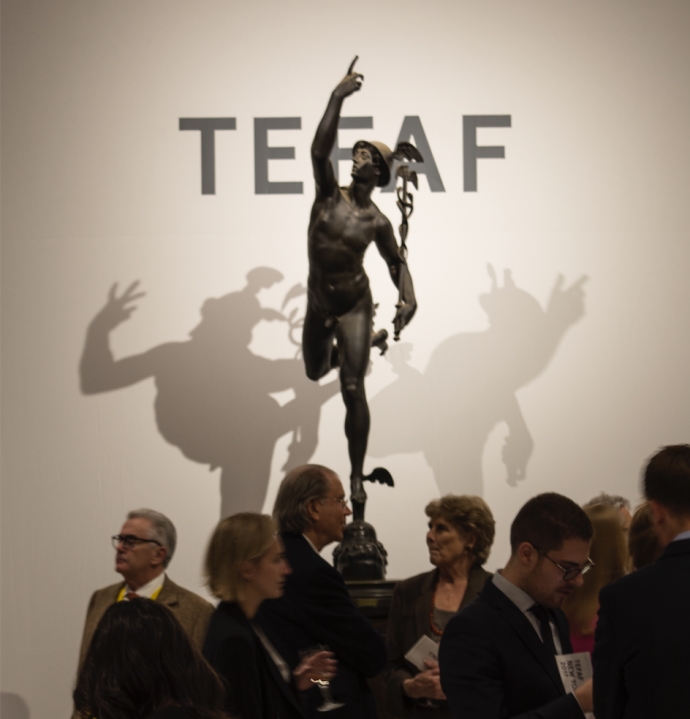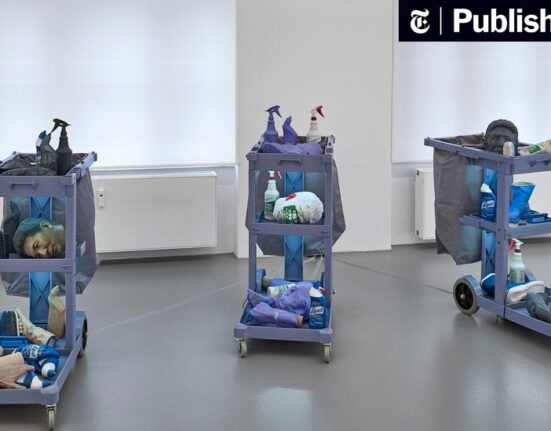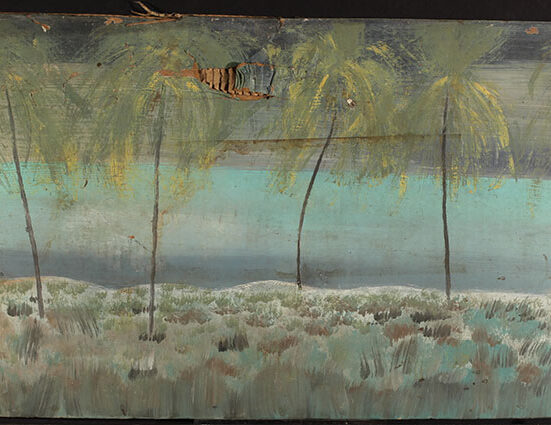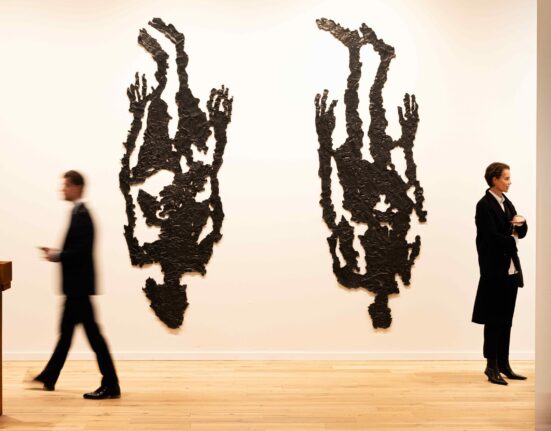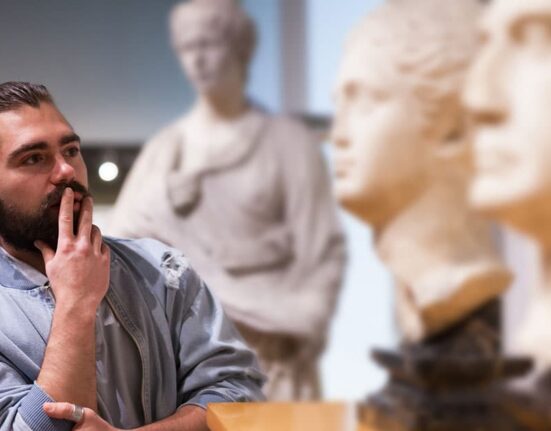©2017 Shannon Heylin.
The art market’s orientation to, if not obsession with, “the contemporary” is understandable from a supply and demand perspective. A majority of A-plus historic works is in museums, private collections or the inventories of modern and contemporary dealers. When masterworks of any period appear at auction, they often command staggering prices.
TEFAF New York, The European Fine Art Fair, which is at the Park Avenue Armory from October 28 to November 1, is a refreshing antidote to the modern and contemporary art markets’ monotony and auction results. Rather than exhibiting Postwar and contemporary trophies of brand name galleries and their artists or today’s market phenoms and wannabes, TEFAF exhibitors show rare and exceptional fine and decorative art from antiquity to the near present.
TEFAF New York is like a visit to the specialized galleries or particular recesses of The Met, The Frick or the Brooklyn Museum. It might even be thought of as a weekend visit to a cabinet of curiosities. Here you can see (and purchase) a 600 BCE Osiris statuette made of bronze, inlaid with copper silver and niello (a black metallic alloy) or an 1892 Monet that was originally purchased by Paul Durand-Ruel, who is credited with inventing Impression.
The art and objects on view range from traditional fine art to books and manuscripts, furniture and jewelry. Most of the dealers are specialists with known, often historic, pedigrees like Julius Böhler Kunsthandlung, from suburban Munich, an antiquarian who began business as a purveyor to the Imperial-Prussian and Royal Bavarian courts. Phoenix Ancient Art, a Geneva and New York firm, specializes in works “originating from cultures that contributed significantly to the foundation of Western Civilization.”
The language of TEFAF’s exhibitors is rich with luxurious descriptions. A head of Venus, which has circulated among private collections, is described thus: “Her head crowned by curls, the goddess turns her delicately drawn face slightly to the right, the full, finely curved lips of her small mouth sensuously opened.” You want to fall in love. A renowned dealer of rare books is offering a set of rare chromolithographs depicting the planets, stars and comets as of 1881 by the French artist and astronomer Étienne Léopold Trouvelot, whose work has been described as “a catalyst for cosmic enchantment.” Then there is the neoclassical bracelet by Giacinto Melillo, which is simply described as “Gold.” Along with an image of the piece, that is enough. It epitomizes the maxim Ars summa materia optima melior (The perfection of art is superior to the costliest material).
@2017 Wartski.
TEFAF New York is an exceptional place to learn. The vocabularies of the dealers are rich with trade terms and idioms that may require explanation not only for the novice but also for the expert. Despite its French-looking spelling, objets de vertu is a British term for otherwise unclassified luxury objects, like cigarette or cosmetic cases. By all means ask questions.
Several attributes distinguish TEFAF. Perhaps foremost is the vetting that the fair’s Vetting Committee does. Made up of 189 experts working in 29 categories, the committee evaluates the quality of the exhibitor-dealers and every item that is offered. Provenance—the history of ownership—is detailed, helping to document and ensure origin and authenticity. In addition, TEFAF New York has organized a series of “coffee talks” on subjects from the pragmatic “Perils, Pitfalls and Adventures in Art Finance” to the esoteric, such as “Hidden Splendor: What’s Happening in Venetian Painting Conservation.” There are no talks about how to collect, what to collect or why to collect, topics that have become staples of contemporary fairs. Note: these talks require registration.
At the venue, the décor of TEFAF is a distinctive contrast to the conventional white cubes within a box of most contemporary art fairs. Tom Postma Design, a celebrated Dutch firm, which previously reimagined the Park Avenue Armory’s interior in 2016, will again transform it. Most stands are intimate parlors, with room to breathe and consider works, many of which are modest in scale, unlike most contemporary work.
TEFAF is a fair that offers atmosphere to marvel at human creativity and initiative. It is an art fair palate cleanser.
TEFAF New York, which is organized by the non-profit European Fine Art Foundation, began its partnership with Artvest Partners in 2016, to produce autumn and spring fairs that replaced the International Fine Art & Antiques Show and 2017 Spring Masters.
TEFAF New York at the PARK AVENUE ARMORY
643 Park Avenue (between East 66th and 67th Streets), New York, NY 10065
T +1 212 616-3930 www.tefaf.com
Tickets $65, one-day entry; $75, multiple-day entry; $25, student one-day entry

